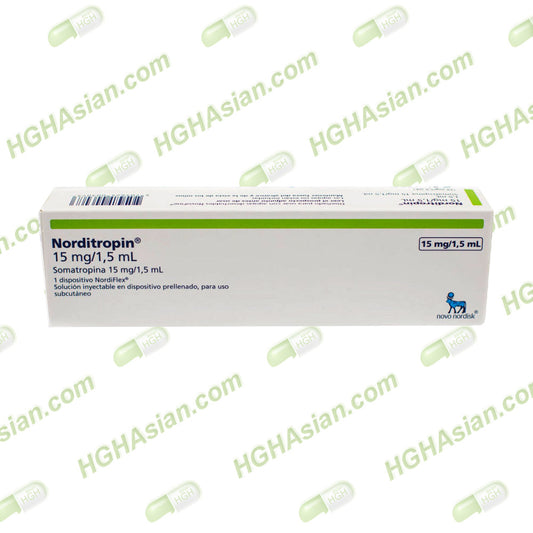HGH Wound Healing: Accelerating Recovery
Growth hormone and its effect on injury healing.
Introduction
Wound healing is a major challenge in medicine due to its complexity and potential seriousness. It is a sequential process that requires the perfect interaction of many factors and cell types. As is well known, key aspects of wound healing are the growth of granulation tissue, proliferation and migration of keratinocytes along the wound margins. To this end, a number of cytokines and growth factors from the blood, as well as others produced locally, act in an autocrine or paracrine manner to organize intercellular communication and regulate the healing process. In normal tissue repair, the task of resident cells is to produce cytokines and growth factors that are involved in their repair function. Moreover, some of them have been found to promote cell proliferation, angiogenesis and extracellular matrix (ECM) synthesis. Thus, direct application of specific stimulatory peptides to the wound is expected to accelerate the healing of chronic ulcers, which until now have been considered incurable.

Growth hormone, or somatotropin, has been linked to the aging process and chronic diseases such as diabetes. It appears to be a mechanism that prevents the development of tumors. As we age, the number of senescent cells increases in all tissues, including the skin.
Inflammation and aging Inflammation caused by senescent cells is often harmless and not associated with infection. Prolonged inflammation seen in tissues without signs of infection is associated with aging and senescent cells. The effects of aging can extend to normal cells in the environment.

Role of growth hormone in the regulation of oxidative stress
Growth hormone has a positive effect on tissue healing by regulating oxidative stress. It restores the balance of redox processes and increases energy production in mitochondria.
Role of growth hormone in the aging process
In conditions of growth hormone deficiency, an accelerated aging process is observed. Growth hormone increases resistance to stress and regulates factors affecting stress tolerance. Patients with growth hormone deficiency have a decreased life expectancy and increased risk of cardiovascular disease. Growth hormone helps to reduce oxidative stress and improve endothelial function.
-
Genotropin 36 IU (12mg) pen
(15)
Regular price $249.00 USDRegular priceUnit price per$299.00 USDSale price $249.00 USDSale -
 Sold out
Sold outNorditropin 45 IU (15mg) pen
(3)
Regular price $349.00 USDRegular priceUnit price per$490.00 USDSale price $349.00 USDSold out -
GENOTROPIN 16 IU (5,3 MG) GOQUICK
()
Regular price $130.00 USDRegular priceUnit price per



